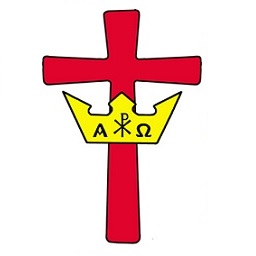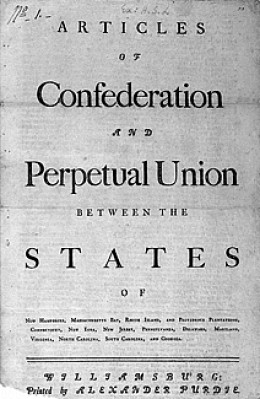Conclusive understanding of what He meant by “occupy till I come” in context. Amen Brothers and Sisters, There are so many points in today’s lectionary that are so important. “Occupy […]
"Occupy Till I Come", orthodoxe lezing voor vandaag
Babylon vs Christendom, Christian Israel Nationalism, Verbonds Soevereiniteit, Ecclesiastical, Fighting Communism (CDL), Goed nieuws van het koninkrijk, Humanitarian Projects, Legitimist Philosophy, Literature, Priorij van Salem, Protectorates, Public Representation, Red Genocide, Red Invasion, Royal & Noble, Sovereignty & Intl. Law, Templar, Theology Institute
Opmerkingen






